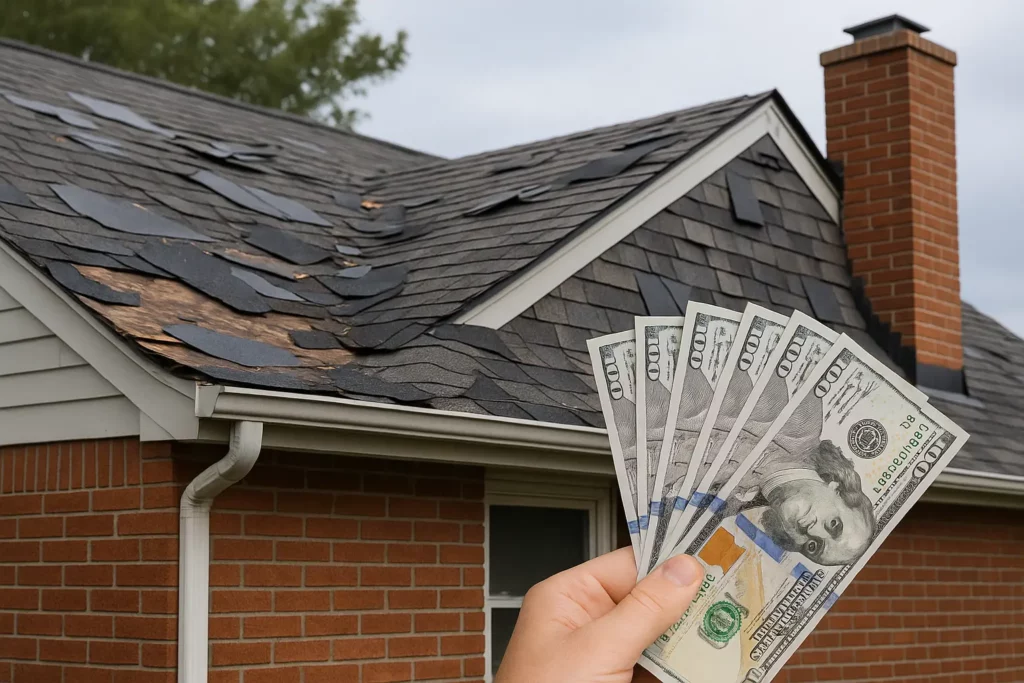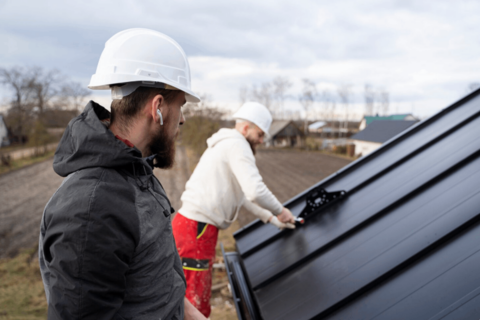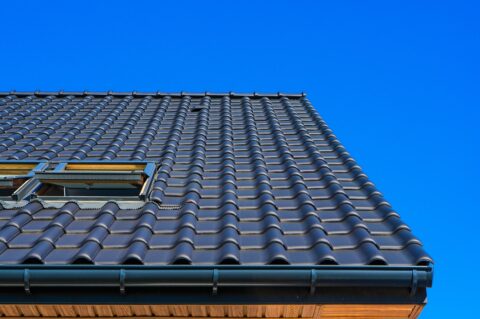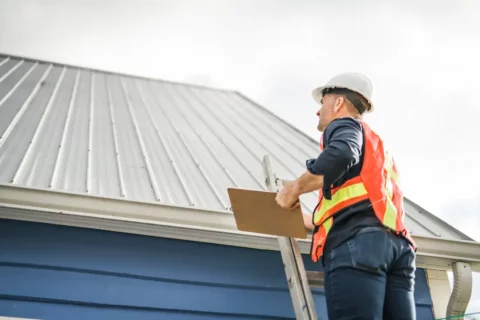
What Happens If I Don’t Use My Insurance Money to Fix My Roof?
Dealing with roof damage can be stressful. Hailstorms, heavy winds, and unexpected leaks often come with a big price tag. That’s why most homeowners carry insurance coverage. But what if you receive an insurance payout and choose not to repair your roof?
Here’s what you need to know about the real consequences.
Your Home’s Value Can Drop
A damaged or aging roof is one of the first things buyers and appraisers notice. Real estate agents often call it a red flag, and it can significantly reduce your home’s resale value.
Left unrepaired, minor issues such as missing shingles or small leaks can worsen and make your home harder to sell. Using your insurance payout to fix the roof protects both your home’s value and your long-term investment.
Damage Will Only Get Worse
Denver weather is notorious for sudden hailstorms, heavy snow, and high winds. Even small roofing issues can quickly escalate into major problems, such as:
- Structural wood rot
- Interior water damage
- Mold growth in the attic
- Full roof system failure
What might have been a small repair today could become a costly full replacement later. Acting quickly helps you avoid paying thousands out of pocket.
Insurance Complications
Insurance policies generally require timely reporting and repairs. If you take the payout but don’t fix the roof, two things can happen:
- You may not receive the full payout (many policies release the final portion only after proof of repair).
- Future claims on the same damage may be denied, leaving you responsible for all costs.
In some cases, misusing funds can even be considered a policy violation. It’s always safer to use the money for its intended purpose.
Premiums & Misconceptions
One common myth is that repairing your roof with insurance money will raise your premiums. That’s not true, filing a claim is what can affect your future rates, not how you spend the payout.
Insurance companies review claim history, location, and overall risk when setting premiums. So while the claim itself may influence your rates, making repairs ensures you’re not left with future uncovered damage.
Safety Risks
A damaged roof isn’t just a cosmetic issue, it can become a safety hazard. Missing shingles, cracked decking, or weakened areas increase the chance of collapse under heavy snow or wind.
Unsealed gaps can also allow pests, rodents, or moisture inside your attic, creating infestations and mold. Repairing your roof keeps your family safe and your home secure against Denver’s harsh weather.
The Smart Choice: Trust 303Roofer
At 303Roofer, we’ve seen the problems that come from delaying repairs, from small leaks that ruined entire ceilings to homeowners paying double when issues were ignored.
When your insurance company allocates funds, it’s because repairs are necessary. Using the money as intended avoids:
- Lower resale value
- Higher repair bills down the road
- Insurance claim complications
- Safety risks to your family
Our Denver roofing team will assess the damage, guide you through the claim process, and provide expert repairs that protect your home for years to come.
Final Thoughts
If you don’t use your insurance payout to repair your roof, you may not face immediate legal trouble, but the financial and safety consequences can be severe. Instead of risking future headaches, call the trusted professionals at 303Roofer. We’ll help you maximize your coverage, restore your roof, and keep your home secure through every storm.
FAQ
How do I know if I should file a roof insurance claim in Denver?
If you suspect hail or wind damage, call 303Roofer. We’ll provide a free inspection and let you know whether it makes sense to file a claim.
Does repairing my roof with insurance money increase my premium?
No. Filing a claim may affect future rates, but using the payout to complete repairs does not.



